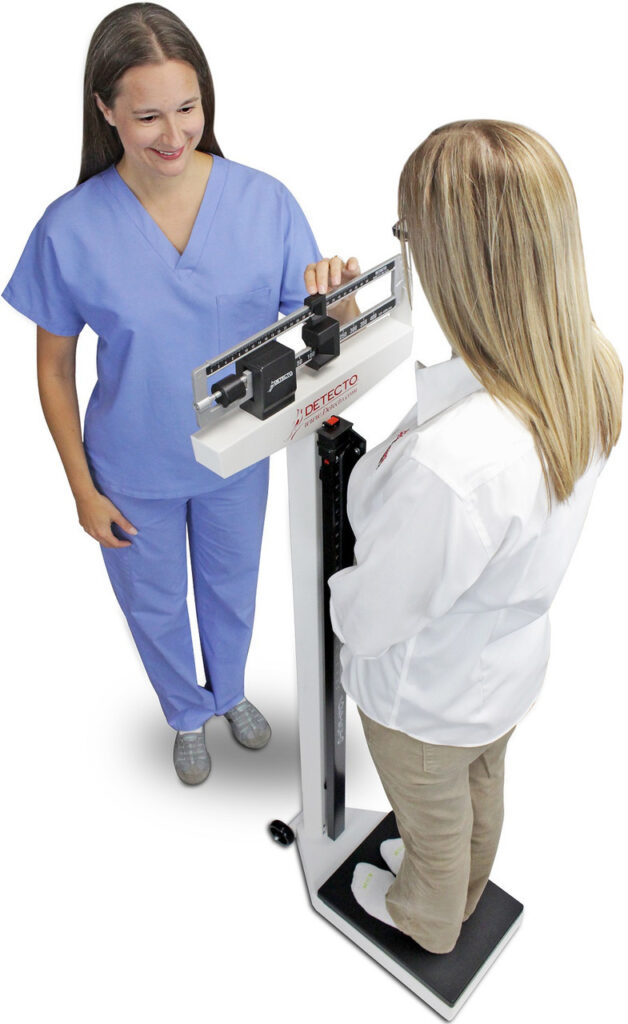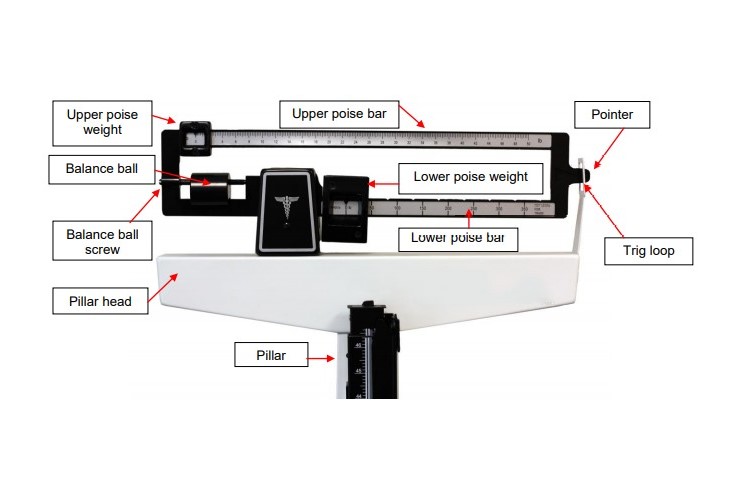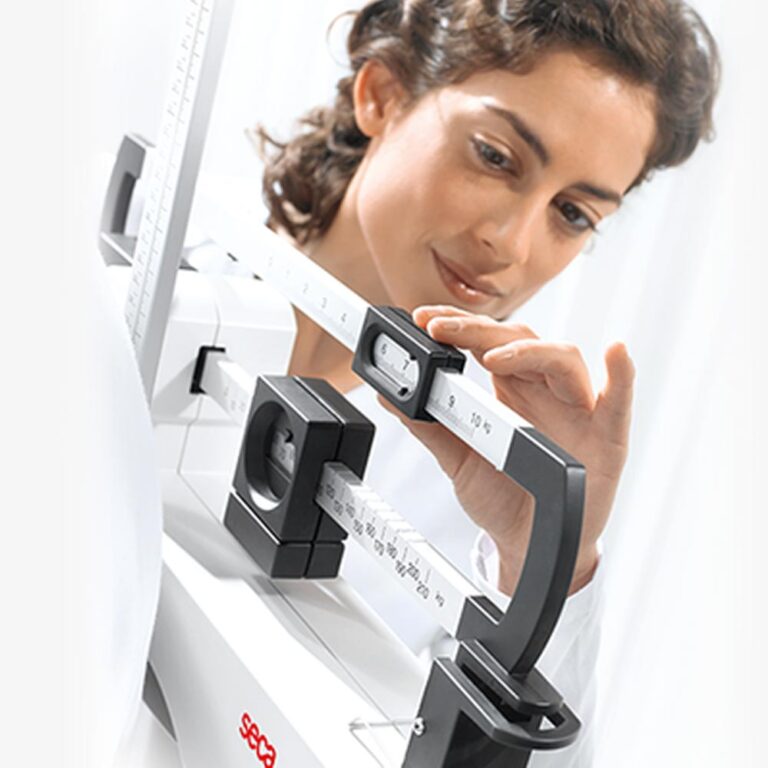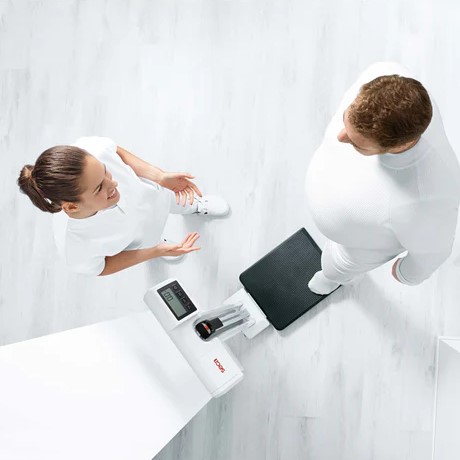Are Doctor Scales Accurate?
When you visit a doctor’s office, stepping on the scale is often one of the first parts of the appointment. For many people, this number can feel significant, but it might raise an important question: Are doctor scales accurate?
The answer is generally yes—doctor scales are designed to be highly accurate. However, there are several factors that can influence the reliability of the measurement. This will be a look at what makes these scales accurate, potential sources of error, and how they compare to scales you might use at home.

How Doctor Scales Work
Doctor scales, whether they are digital or mechanical, are calibrated to provide precise measurements. Calibration involves adjusting the scale to ensure it reads correctly according to standardized weights. Most medical offices follow strict protocols to routinely calibrate their scales, often using certified weights. This routine maintenance is a key reason why doctor scales tend to be more accurate than typical consumer-grade models.

Factors That Can Affect Accuracy
Despite their design for precision, a few factors can impact the accuracy of a doctor’s scale:
Calibration
If a scale isn’t calibrated regularly, its accuracy can drift over time. High-traffic medical offices usually have schedules for recalibration, but errors can still occur if this step is missed.
Positioning
The placement of the scale on an uneven or unstable surface can cause inaccurate readings. Properly positioning the scale on a flat and firm surface is crucial.
User Error
How you stand on the scale can affect the reading. Shifting weight or leaning can skew the results slightly.
Clothing and Accessories
While the scale itself may be accurate, the number displayed will include the weight of your clothes, shoes, and any accessories you’re wearing, which can add variability.
Comparing Doctor Scales to Home Scales
Home scales, particularly budget-friendly models, can vary widely in accuracy. Unlike doctor scales, home scales are not always calibrated regularly and can be affected by environmental factors such as humidity, battery life, and surface placement. Additionally, cheaper models may not be built to the same high standards as professional-grade scales.
Higher-end home scales with advanced features—such as digital models that measure body composition—can be quite accurate if used correctly. However, even these may not match the precision of a well-maintained doctor’s scale.
Tips for Accurate Measurements
If you’re concerned about accuracy, whether at home or the doctor’s office, here are some tips to ensure reliable readings:
- Use the same scale consistently to track trends rather than focusing on the exact number.
- Weigh yourself at the same time of day, ideally in the morning after using the bathroom and before eating.
- Wear minimal clothing to reduce variability.
- Ensure the scale is on a flat, hard surface.
Doctor scales are generally accurate and designed to provide reliable measurements. However, like any tool, they are not infallible and can be influenced by various factors. For the most precise weight tracking, consistency is key—whether you’re using a doctor’s scale or a high-quality home scale. Remember that weight is just one metric of health, and your doctor can help you interpret it in the context of your overall well-being.



